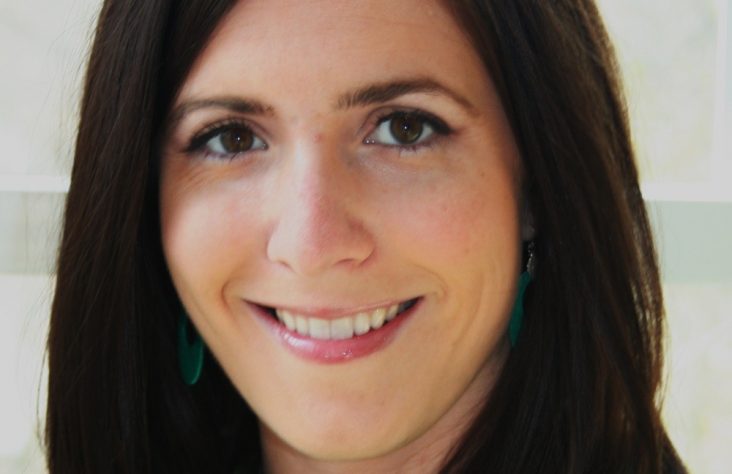Twenty Something
“Synchronicity.”
That’s the word one journalist used in a Nov. 3 Instagram post to describe the fact that Election Day fell on the feast day of St. Martin de Porres, the patron saint of social justice. It was a timely reminder, he felt, to vote with those ideals in mind, to imagine the kind of world the 17th century Dominican lay brother was trying to bring about.
The icon caught my eye: a robed Peruvian man with a broom at his side and a mouse at his feet. I was intrigued. Who was this saint? And what could he teach us today?
I texted my aunt Jan, my own personal Catholic Wikipedia, who responded in minutes.
“I just finished a novena to St. Martin,” she wrote.
Now I was hooked.
After some reading, it became clear how uniquely suited this saint is for our times. St. Martin de Porres is the patron saint for public-health workers, for multi-racial people and for all those seeking racial harmony. If that doesn’t say 2020, I don’t know what does. All he’s missing is a Zoom app.
St. Martin was called an “illegitimate son,” born of a Spanish nobleman who quickly abandoned the boy and of a freed slave of African and Native descent. She did laundry to make ends meet but had to send him to foster care with a barber. The lonely child spent hours a night in prayer, a great solace.
St. Martin longed to enter religious life, but Peruvian law banned descendants of Africans and Native Americans from becoming full members of religious orders.
St. Martin was undeterred. There was another way, he learned. (There is always another way.) He could apply to become a Dominican volunteer – someone to do the grunt work.
At 15, the Dominican Convent of the Rosary in Lima accepted him as a servant boy, letting him stay at the monastery and wear their habit. Just as his mother had done, St. Martin took on the laundry. He cleaned, managed the kitchen and worked as a barber.
After eight years of faithful service, St. Martin received incredible news: The prior had decided to turn a blind eye to the law and allow St. Martin to take his vows as a member of the Third Order of St. Dominic. He was scorned by some fellow brothers but unfazed. His dream had come true.
Over the decades, St. Martin devoted himself to work in the infirmary, being recognized for his care of the sick and credited for miracles.
His gift was that he could see Jesus in anyone. He was a friend to the lowly and would even talk to the monastery mice.
Once, when an elderly beggar approached the convent, St. Martin gave the stranger his own bed. The man was nearly naked and covered in ulcers, but he looked like Jesus to St. Martin.
When a fellow Dominican reprimanded him, St. Martin responded: “Compassion, my dear brother, is preferable to cleanliness. Reflect that with a little soap I can easily clean my bed covers, but even with a torrent of tears I would never wash from my soul the stain that my harshness toward the unfortunate would create.”
In these polarizing times, when wearing a mask is not merely a public-health measure but a political statement, St. Martin speaks to us. He exhorts us stop judging our neighbors and our Facebook friends. He stands for compassion.
Amid this resurging virus, he calls us to persistence and prayer.
Perhaps the best response to our big problems is to focus more intensely on the little things. The littlest things. Now is a time to bolster our own domestic church, making like the “saint of the broom” – to fold the laundry, to talk to the mice and to pray without ceasing.

